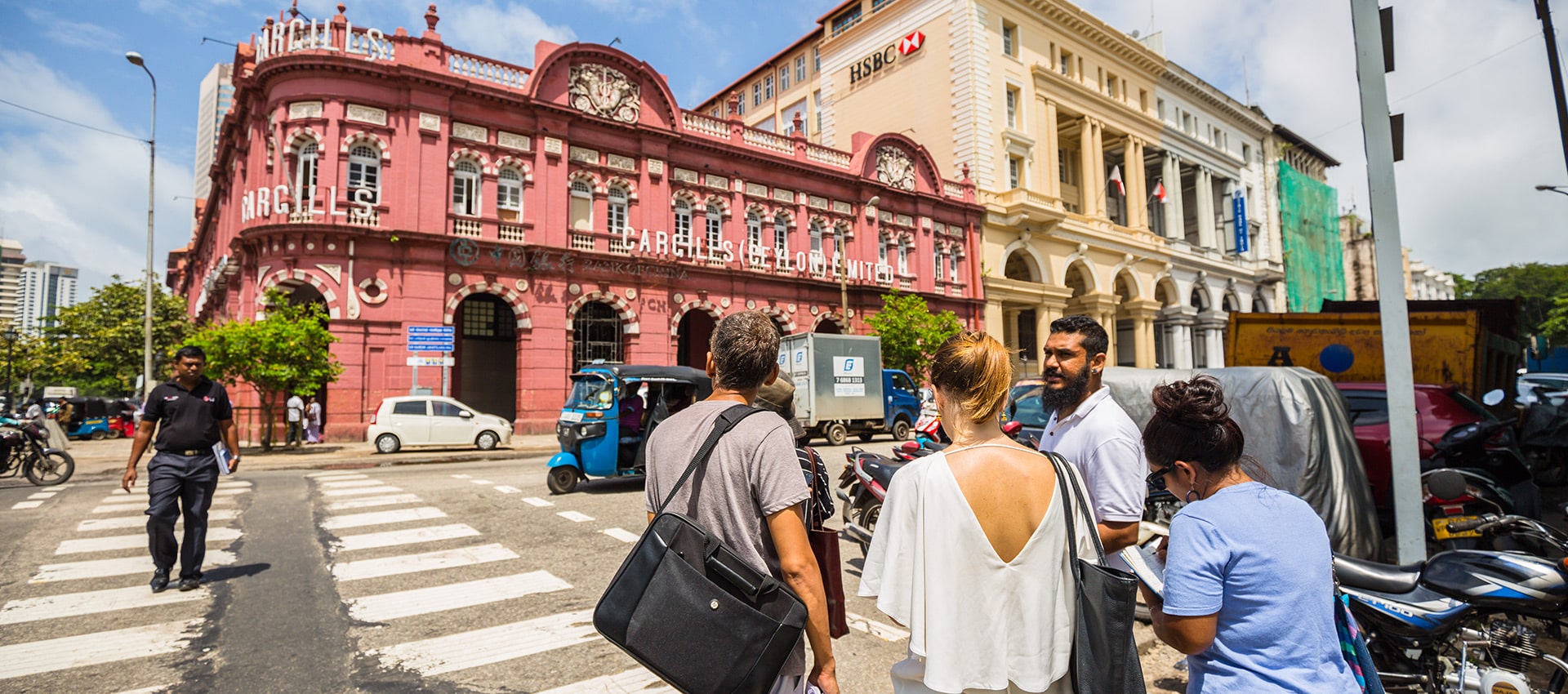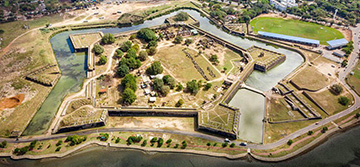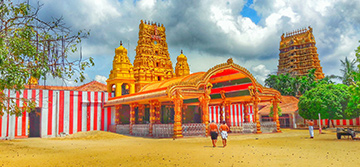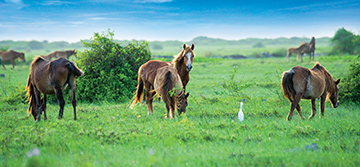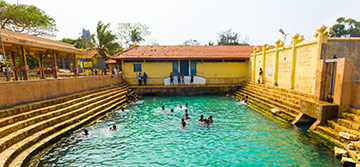Positioned at the northern tip of Sri Lanka, the Jaffna peninsula is often missed out by tourists visiting the island, despite its far-reaching historical background. Explore the history of Jaffna through the ancient Hindu kovils adorned with colourful statues, stately colonial-period churches and ruins of ancient Buddhist temples, and experience its unique cultural position within Sri Lanka.
In recent history, Jaffna has undergone much hardship due to terrorism and, ultimately, a full-scale war between the LTTE and Sri Lankan armed forces which ended a 26-year conflict. The effects of this destructive and traumatic period will understandably remain for many years, but since the end of the war in 2009 the people of Jaffna have gradually been rebuilding their lives with renewed hope, and Jaffna is now fully accessible to tourists seeking to discover the full diversity of Sri Lankan culture.
Jaffna has a unique culture within Sri Lanka as it is significantly influenced by southern Indian traditions, which affect everything from the language and religion to the spices used in their curries. Most people in Jaffna speak Tamil (rather than Sinhalese, which is prevalent in Sri Lanka) and practise Hinduism, although there are some Christians in this area.
Marvel at the stupendous Nallur Kandaswamy Kovil, which dates back to 1734 but has since been embellished with many dramatic architectural flourishes; cycle through Jaffna town and see the clashes of old and new, from the colonial period churches to the vibrant modern market, and learn to make Jaffna Crab Curry, a mouth-watering dish which is renowned throughout Sri Lanka.
